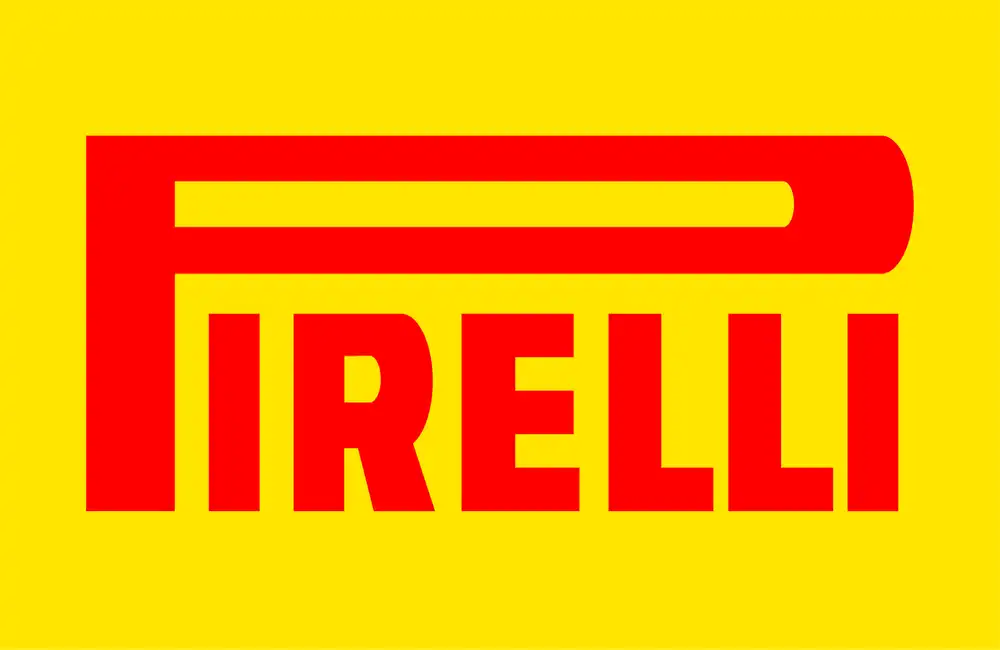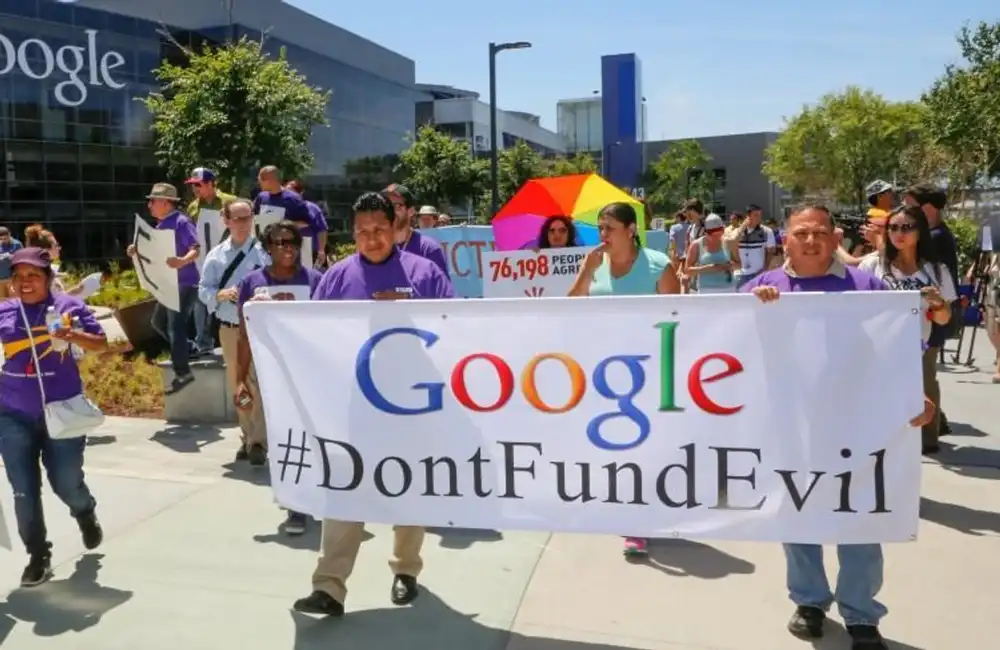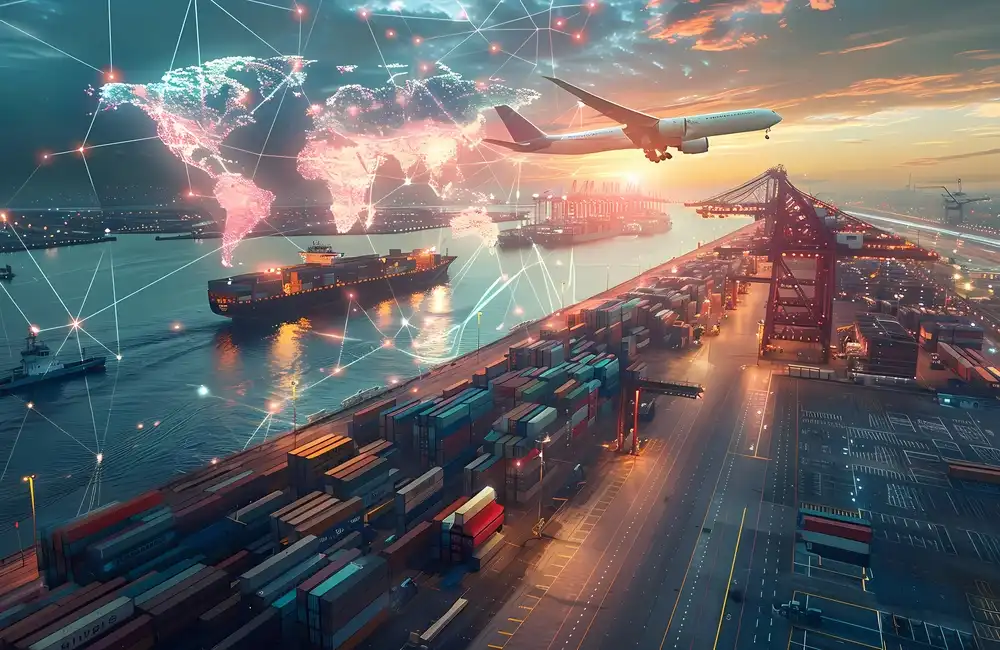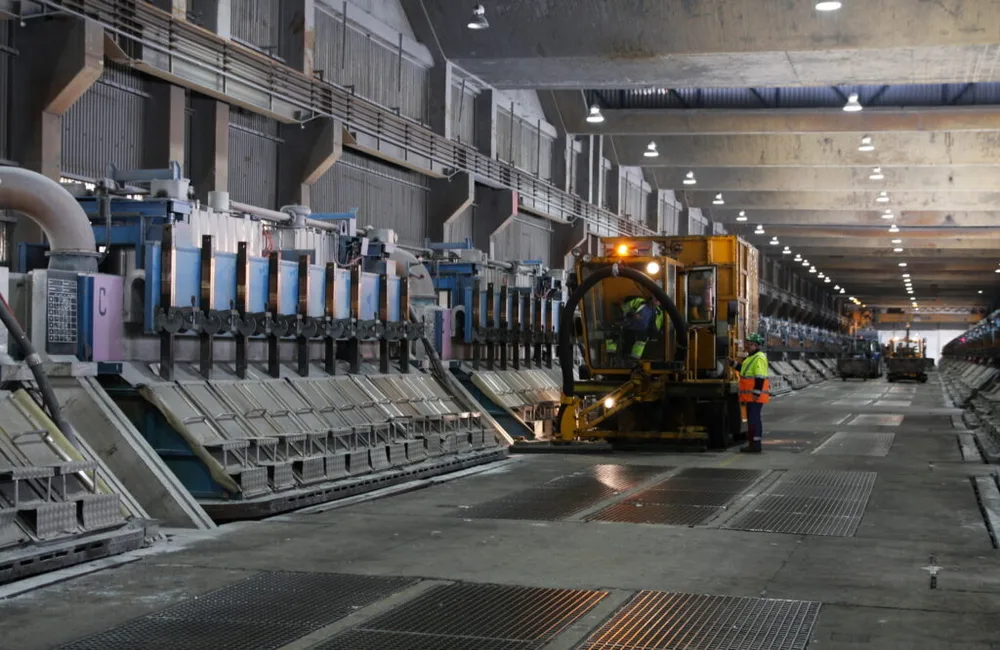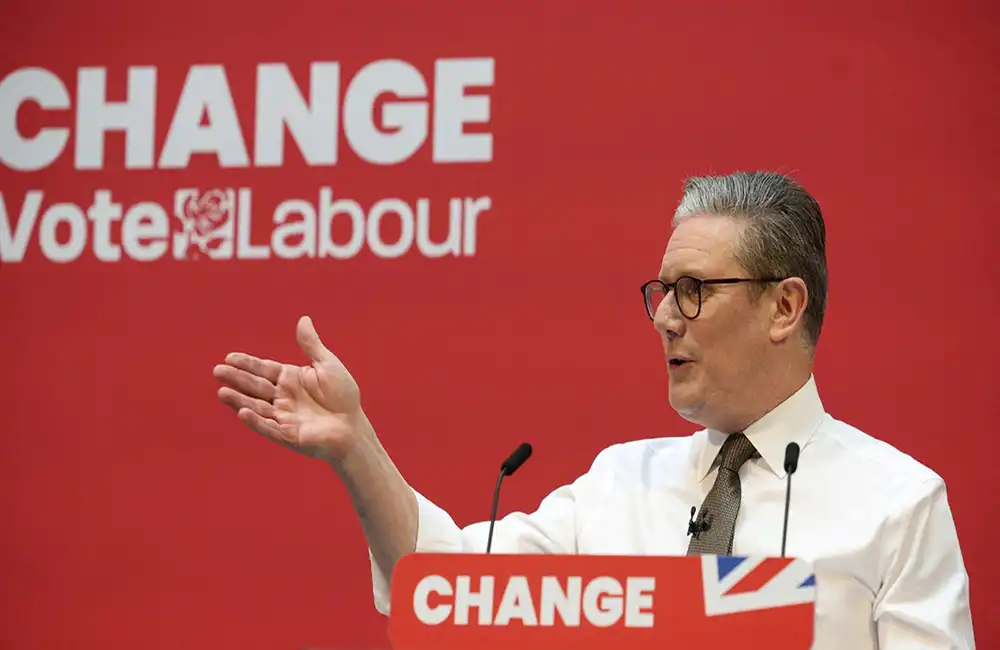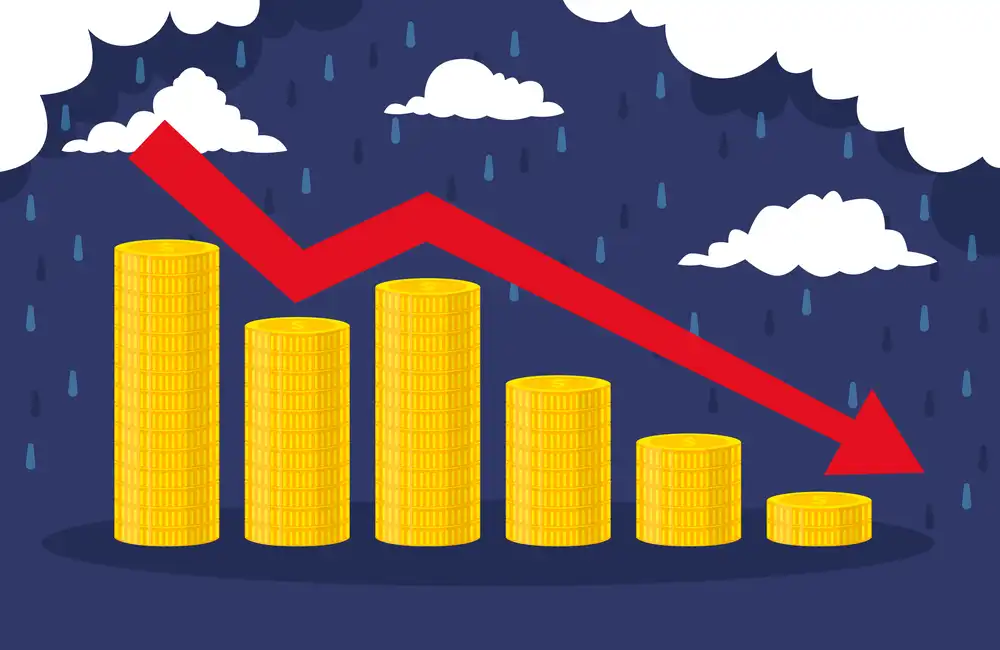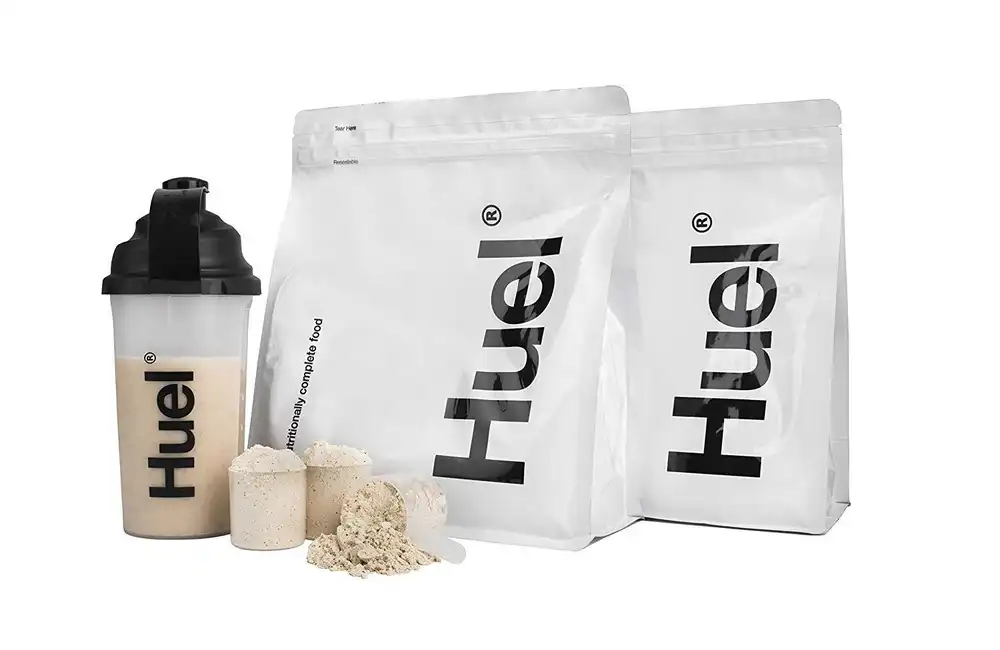The European Commission’s plans, announced on Sept. 14, to reform European electricity markets and mitigate gas prices are a welcome first step, but do not go far enough to protect the energy-intensive aluminum industry from more production cuts, job losses and potential total collapse, European Aluminium said Sept. 15.
Meanwhile, European nonferrous metals industry trade group Eurometaux late Sept. 14 stated that the measures failed to offer relief for metals manufacturers.
The new EU regulation will assess electricity markets to disconnect power prices from the stranglehold of gas, and sets antifreeze plans for binding peak power use reduction targets, revenue caps for inframarginal power generation types and a solidarity contribution from energy companies that have profited from super profits arising from the war in Ukraine.
Though the measures could offer some welcome short-term relief, European Aluminium said they did "very little to tackle the extremely high energy costs," particularly gas prices, and should be revised.
“We’re pleased to see that the Commission responded to our calls for the need to protect hedging opportunities and introduce additional incentives for signing renewable power purchase agreements,” said Paul Voss, Director General of European Aluminium.
“But being one of the most exposed industries on the European level, we should get quite a lot more support than we’re getting on the sky-high prices of gas to keep our melting pots running,” Voss said, adding that there was regrettably no proposal presented to support a key industry like aluminum.
He called on EU energy ministers to adopt more ambitious measures at the next meeting of the council on Sept. 30, warning that “without further action, Europe risks becoming utterly dependent on imports.”
The proposed price cap would still leave European industry vulnerable to “skyrocketing” electricity prices, and there was no guarantee that any revenue collected would be spent on struggling sectors or would be large enough, Eurometaux said.
The move to revise the Temporary Crisis Framework has already been announced at the level of the EU in October, but Eurometaux said such an update needs to be urgently carried out to support companies.
“Today’s package does not deliver the support or clarity our companies need to navigate this crucial winter,” EUrometaux’s Director General Guy Thiran said.
“We need urgent emergency measures now to address the industrial crisis spiraling out of control in Europe, not more debates later in September,” he said, adding that the EU energy crisis support package never focused on supporting energy-intensive industries.
On Sept. 6, the European associations representing energy-intensive industries (including, among others, Eurofer, Eurometaux, Earomines and Euroalliages) already wrote to the EU presidency demanding action “immediately and effectively at EU level on gas and electricity prices.”
On Sept. 13, the G-20 and M-20 issued a joint statement urging immediate and targeted relief measures.
Energy represents 40% of aluminum production costs
Energy costs represent, on average, 40% of the total primary aluminium production costs, European Aluminium said, indicating high energy prices have led to production cuts.
It is estimated that half, or 1.1 million mt, of Europe's primary aluminum production capacity would have disappeared by the end of 2022, to be replaced by increased output in China, where the carbon footprint was nearly three times as high.
Soaring energy costs have already shrunk the EU’s aluminum and zinc capacity by 50%, 30% of silicon and ferro-alloy production and it also affected copper and nickel, said the European Union Metals Association (Eurometaux).
It said, in itself, the closing of a plant made reopening tricky because of time, costs and the competitive conditions. Norsk Hydro's Slovalco smelter in Slovakia has been shut down, Alro's alumina facility in Romania, and Damco Aluminum Delfzijl Cooperatie's Farmsum plant in the Netherlands.
There has also been a 33% cutback on Alcoa's Lista smelter in Norway, a 20% cut from France's Aluminium Dunkerque, a 59% slashing of output at Speira's Rheinwerk smelter in Germany, and curtailment at Alcoa's San Ciprian alumina refinery in Spain.
Hydro also opted to keep smelting pots offline after normal maintenance at its Husnes and Karmoey plants in Norway.
Aluminum prices have nevertheless been weak despite the capacity closures, with the LME three-month price closing at 2,270.50/mt Sept. 14, down 19.3% since the start of the year and down from an intra-year high of $3,984.50/mt on March 9.
“Even before the crisis, the European aluminum producers were paying for energy prices that were much, much higher than their competitors because of the cost of the regulation linked to the unique energy market design of the EU,” Voss said, cautioning that the competitiveness of the sector is on the lines and “it could be eradicated.”
He urged EU policymakers to immediately modify the forward-looking measures, for example using receipts from the temporary solidarity contribution to fund programs under the EU Temporary State Aid Framework to assist vital sectors.
“It should also be clear: They must be deployed nationally to relieve not only high electricity, but also high gas prices,” Voss said.
“What we need now is for EU leaders to agree a short-term crisis response that will allow companies to weather the storm as the economy slows down, combined with an urgent medium-term framework that allows them to come out of the crisis stronger, including as much as possible the fast tracking of new power purchase agreements with renewables,” Thiran said.
Temporary measures will be required to bring high gas prices down in a targeted manner in order to keep power prices at levels that allow industry to survive and remain competitive, Eurometaux said.
“Complementary to its demand reduction objectives, the EU should also put schemes in place to incentivize industrial consumers to provide demand response flexibility and interruptibility to alleviate pressure on the grid and offer new support for longer-term care and maintenance curtailments,” it added.



